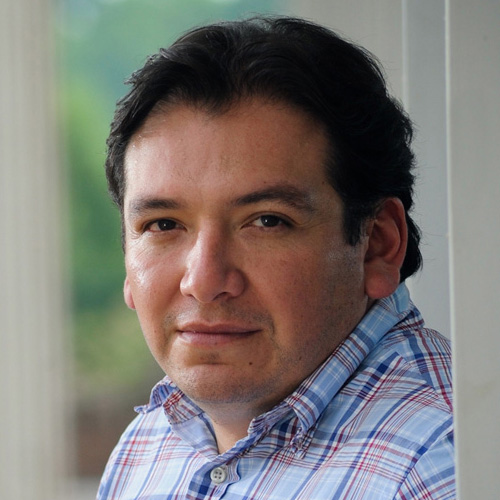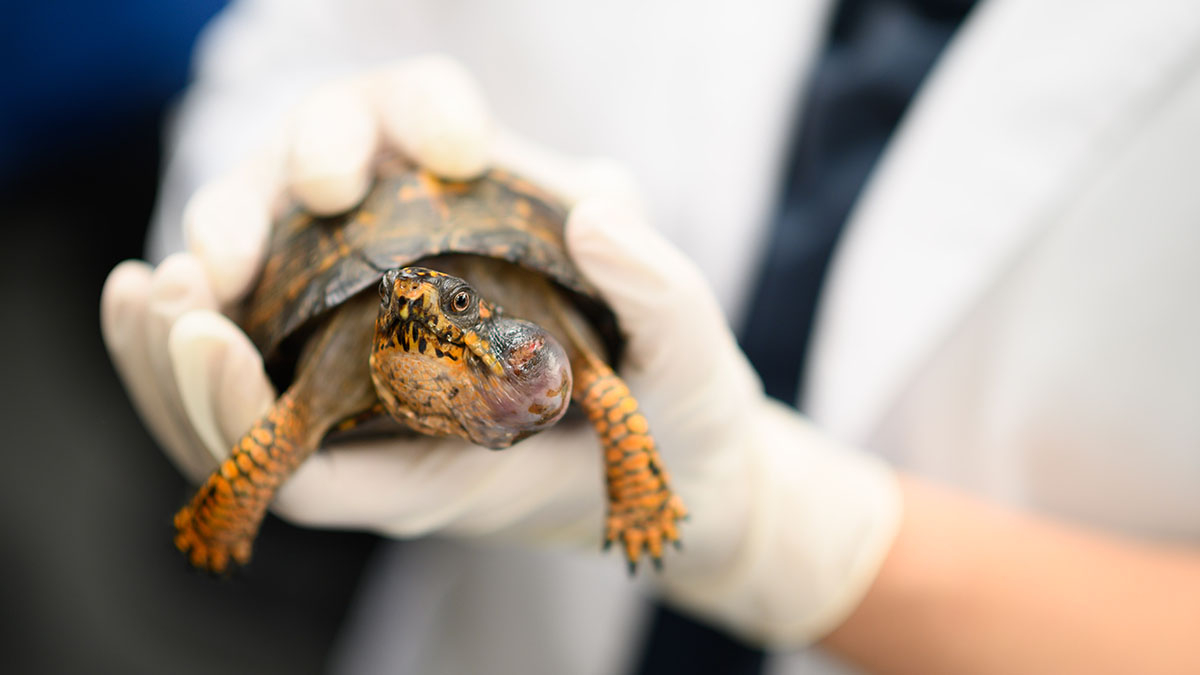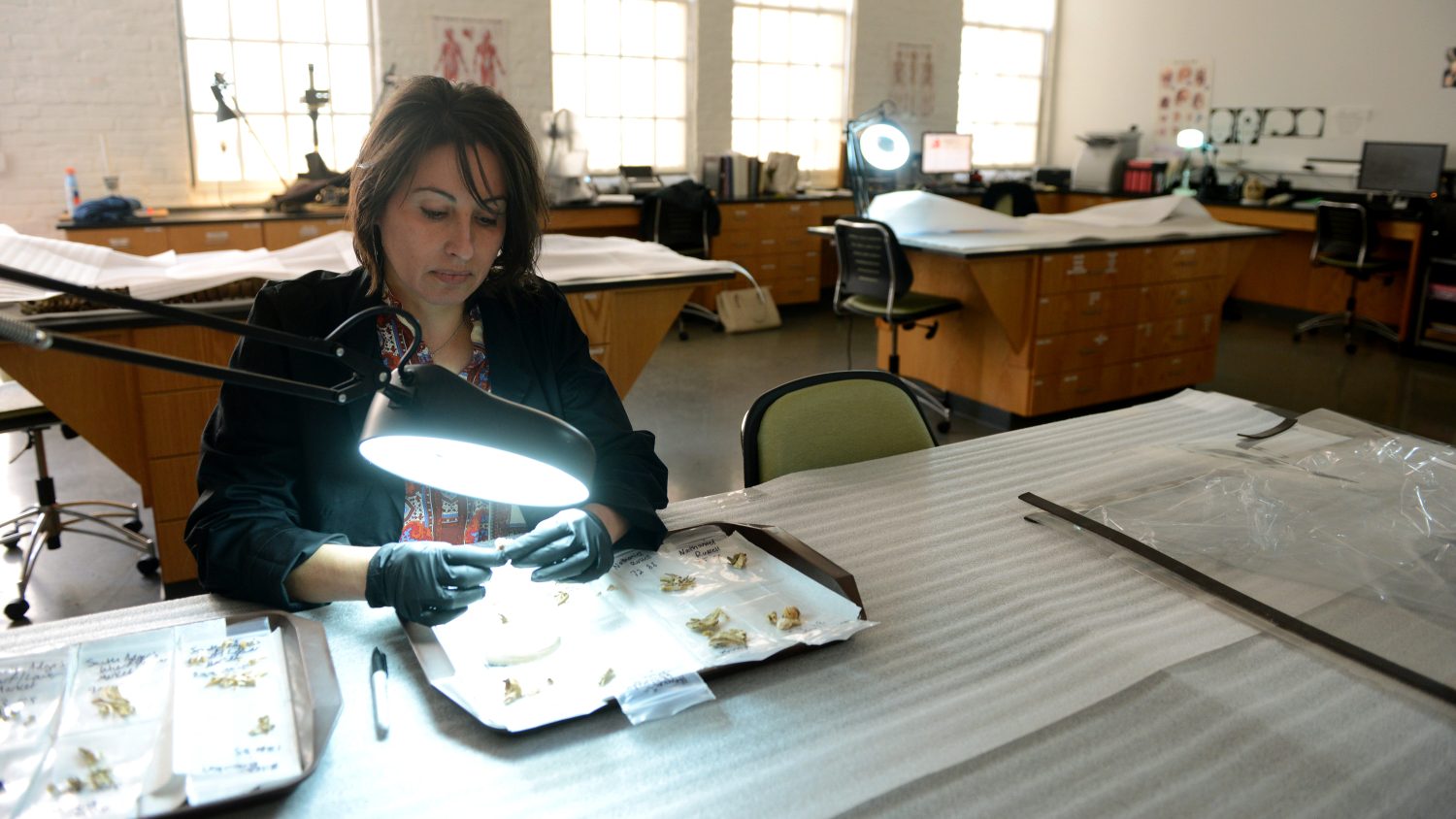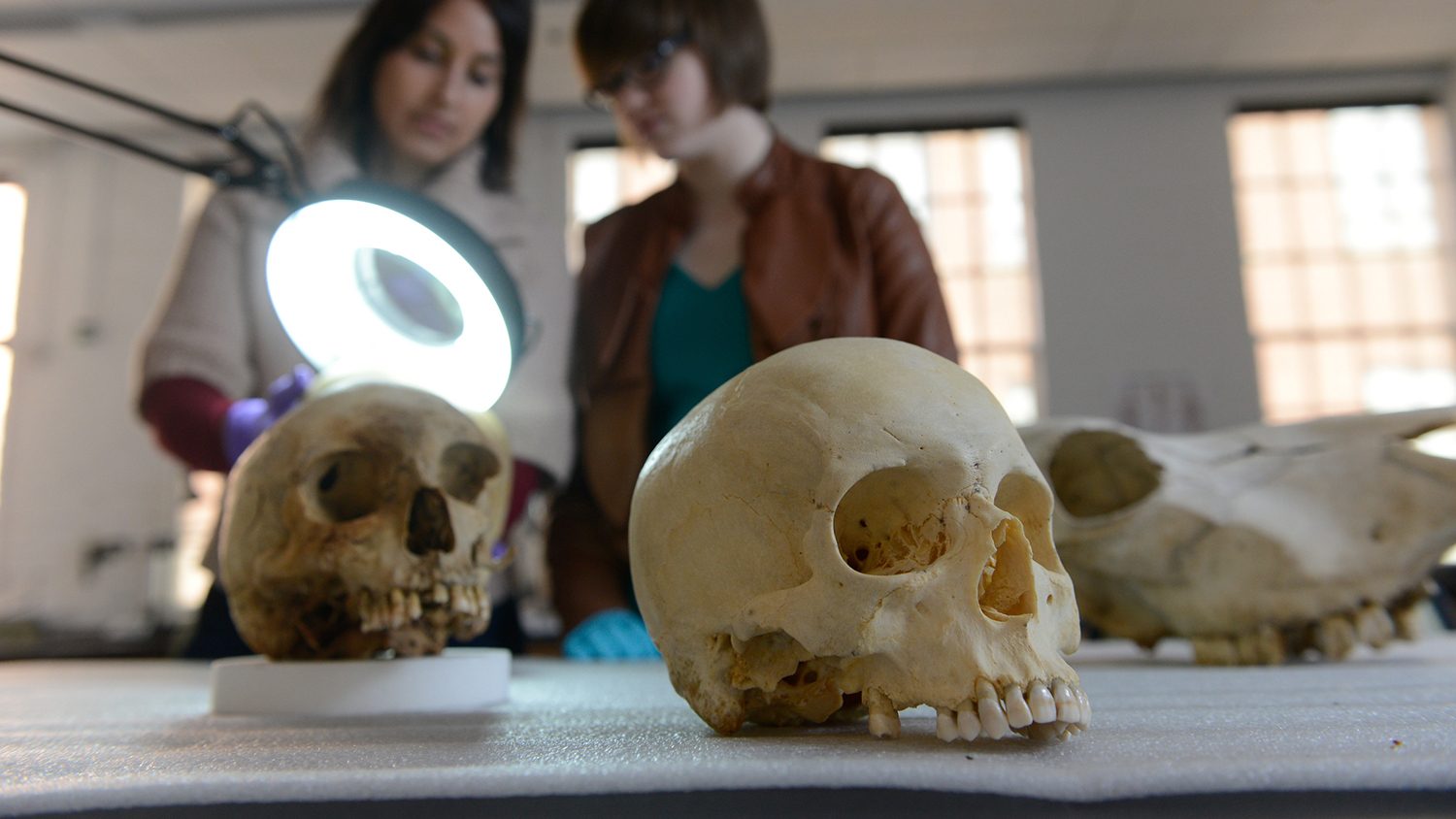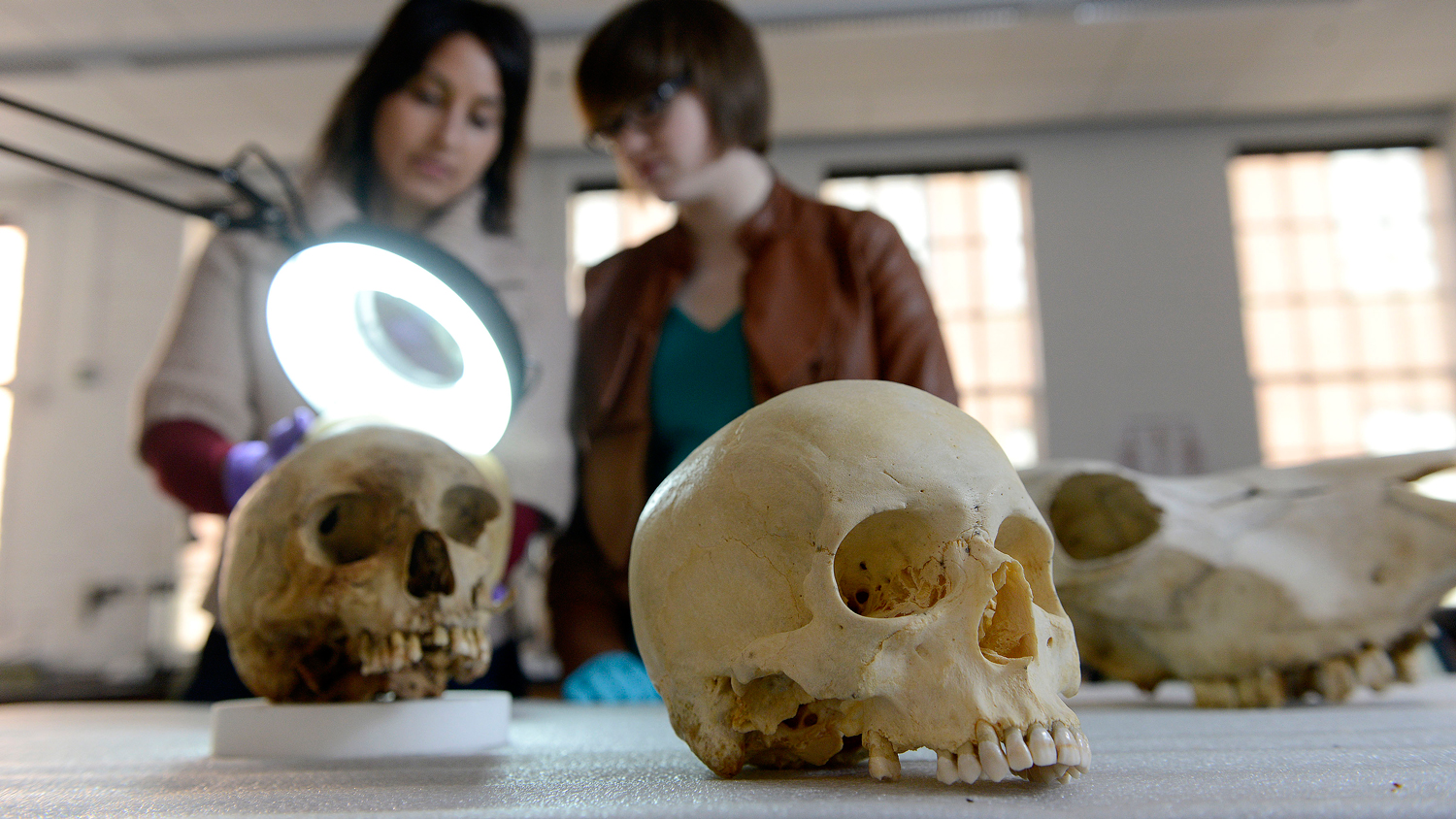
Forensic Sciences
Our work ensures the safety and security of society, civil and criminal justice, and military activities. We focus on human and non-human DNA, evidence standards, digital forensics, disaster preparedness, textiles and forensic analytical chemistry.
About
Cluster Type
Cluster Coordinator
Nelson Vinueza Benitez (Department of Textile Engineering, Chemistry and Science)
Chau-Wai Wong (Department of Electrical and Computer Engineering)
Cluster Colleges
NC State’s Forensic Sciences cluster aims to:
- Recruit a cluster of leading interdisciplinary forensic scientists with experience in funded forensic science research, education and engagement;
- Establish interdisciplinary forensic science academic and research programs; and
- Build upon recent infrastructure growth in forensic anthropology, forensic DNA, digital forensics, entomology, and chemical, fiber and polymer/materials analysis.
Impact
The Forensic Science cluster will complement other forensic programs in the United States and will serve as a mid-Atlantic regional resource providing research, training and education in foensic science disciplines. The Chancellor’s Faculty Excellence Program has enabled the cluster to leverage its $4 million-plus in funding for research and professional training by bringing three forensic scientists to campus, who specialize in trace and analytical chemistry, forensic biology and digital forensics. These additions will allow us to provide core capabilities in research, academics, professional training and outreach to NC State students and the state.
History
Forensic science is an interdisciplinary applied science that provides information and analysis to support the judicial system. There is a substantial long-term need to augment the rigor, precision, accuracy and rapidity of forensic science methods in the biological and physical sciences. To address this, the Organization of Scientific Area Committees for Forensic Sciences (OSAC) was established in 2014 by the National Institutes of Standards and Technology (NIST). OSAC has a total of 22 subcommittees spanning biology, chemistry, pattern interpretation, scene examination, medicine and digital media. Subcommittee members are leading forensic practitioners from private and public forensic laboratories, industry and academia who work collaboratively to develop discipline-specific forensic science standards. Once developed standards pass through the OSAC process, they are sent to standards developing organizations such as the Academy Standards Board, which further develop and publish the standards. Dr. Meiklejohn currently serves as a member of the OSAC Wildlife Forensic Biology Subcommittee. Additionally, faculty and NC State have been involved in forensic science research for decades. Since 2005, NC State has received over $5.6 million in grants from the National Institute of Justice.
Teaching and Research
Undergraduate Minor in Forensic Science
The Department of Biological Sciences in the College of Sciences offers an undergraduate minor in Forensic Science. The Forensic Science minor is available to undergraduates majoring in any field, but might be most appropriate for students majoring or planning to pursue advanced studies in the sciences or in science education. Learn more about the minor here.
Ph.D. Concentration in Forensic Sciences
The Biology Graduate Program at NC State offers students enrolled in the Ph.D. program a concentration in Forensic Sciences. This is a doctoral degree only concentration that will prepare students for both academic and practitioner settings in forensic anthropology and other related fields. Learn more about the concentration here.
Other Key Classes
- PCC 274 – Introduction to Forensic Science is taught by Dr. Vinueza in spring, summer and fall. PCC 274 is a core requirement to obtain an undergraduate minor in forensic science. The primary purpose of this course is to introduce students to the “real world” of forensics.
- BIT 495/595 – Next Gen Forensic DNA Analysis is taught by Dr. Meiklehohn in the spring. Students are introduced to applications of new DNA sequencing technologies to human and non-human forensic evidence, along with steps for implementation into casework. Students gain hands-on experience in generating and analyzing data from mock-forensic cases.
- ECE 411 – Introduction to Machine Learning is taught by Dr. Wong in the spring and fall semesters. This course introduces fundamental concepts and algorithms that are vital for understanding state-of-the-art and cutting-edge development toward the next wave of artificial intelligence.
- ENT 305 – Introduction to Forensic Entomology is taught by Dr. Reiskind in the fall semester. This course provides a broad overview of forensic entomology-a specialized field of entomology employed in medico-criminal investigations.
- PCC 474 – Forensic Chemistry Laboratory is taught by Dr. Vinueza in the fall semester (alternate even years only). In this course, students work in teams and discover standard methods of crime scene processing, latent evidence processing and analysis of materials and chemicals germane to forensic trace evidence.
- ANT 370 – Introduction to Forensic Anthropology is taught by Dr. Ross in the spring and fall. This course provides a broad overview of forensic anthropology, an applied field of biological anthropology.
- ANT 371 – Human Variation is taught by Dr. Ross in the fall semester (alternate odd years only). This course surveys the basic principles of population genetics with emphasis on mechanisms that shape human biological variation.
- VMB 931 – Veterinary Ethics and Animal Welfare is taught by Dr. Ferris in the fall semester. This course is only offered to second-year veterinary students and hinges on recognizing animal abuse for primary care veterinarians.
- VMC 992 123 – Small Animal Practice Mobile Clinic is taught by Dr. Ferris in the fall semester. This course is offered to third-year veterinary students and includes one day of active learning training on managing large animal abuse cases including animal fighting, puppy mills and animal hoarding.
- VMP 991– Topics in Wildlife/ Veterinary Forensic Science is taught by Dr. Meiklejohn in the spring semester. This course is offered to first, second and third-year veterinary students and is focussed on providing students with a more comprehensive background into the economic, ecological and conservation impacts of diverse types of wildlife and veterinary crime, and the techniques currently used to analyze forensic evidence and combat poaching/trafficking.
Undergraduate Research Opportunities
Drs. Meiklejohn, Vinueza and Wong take rotating undergraduate students to obtain experience in forensic science research. Contact them to express interest and inquire about future opportunities.
